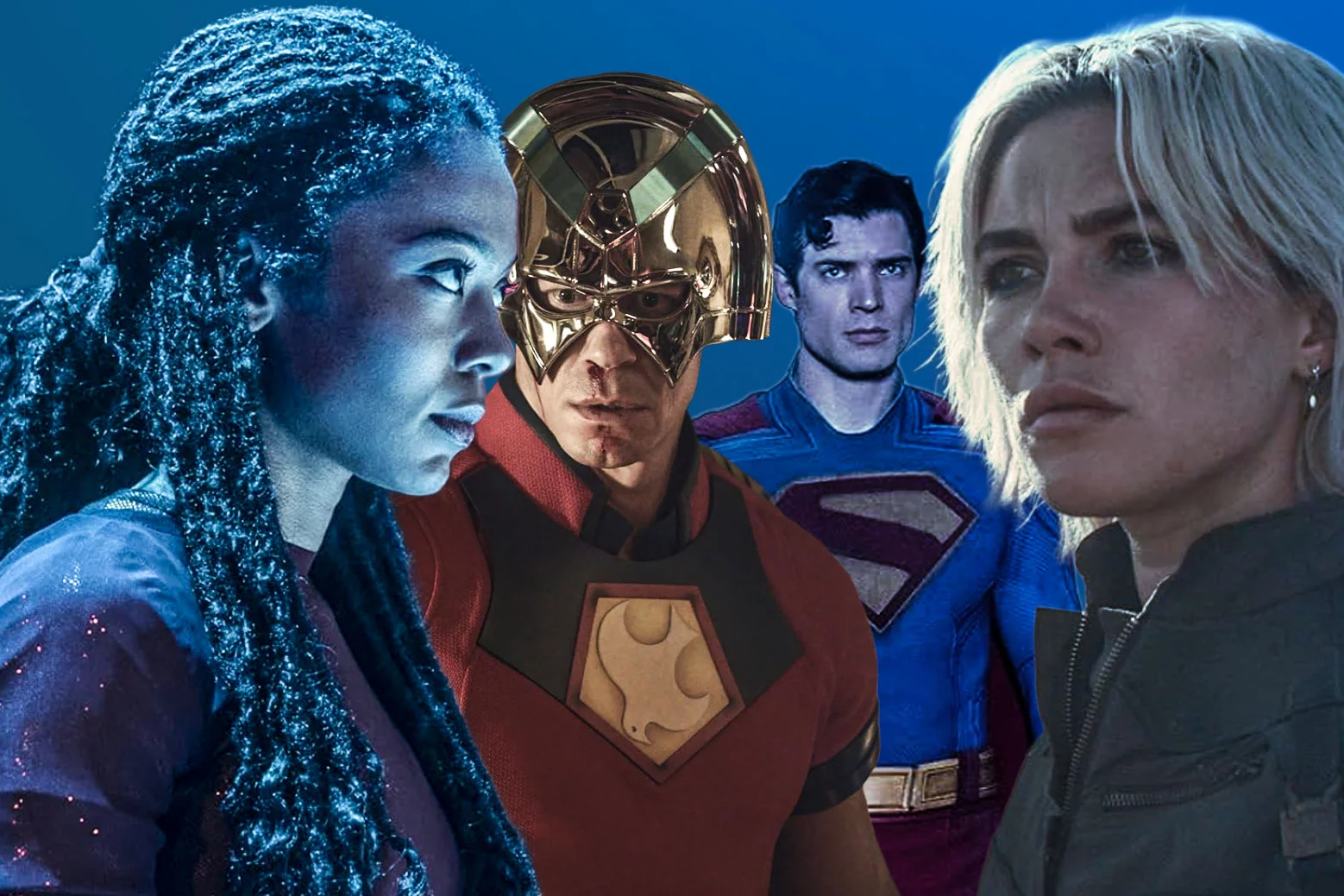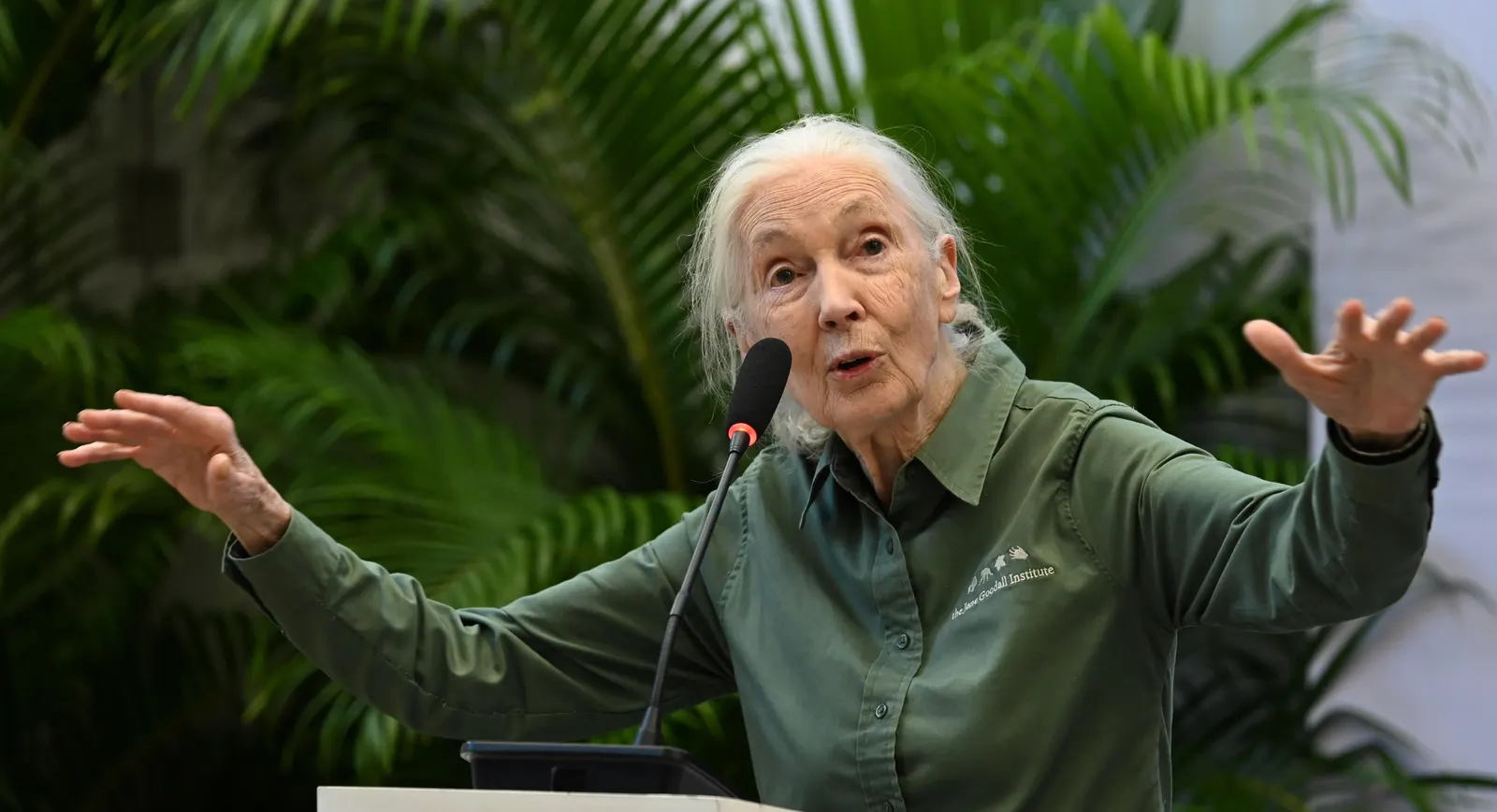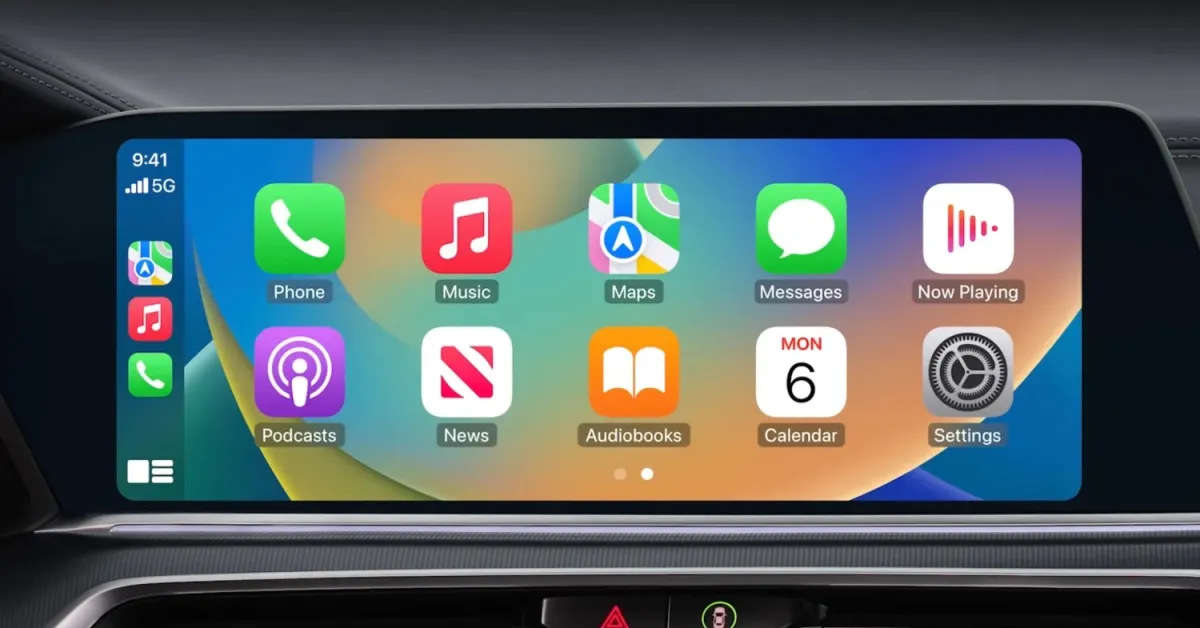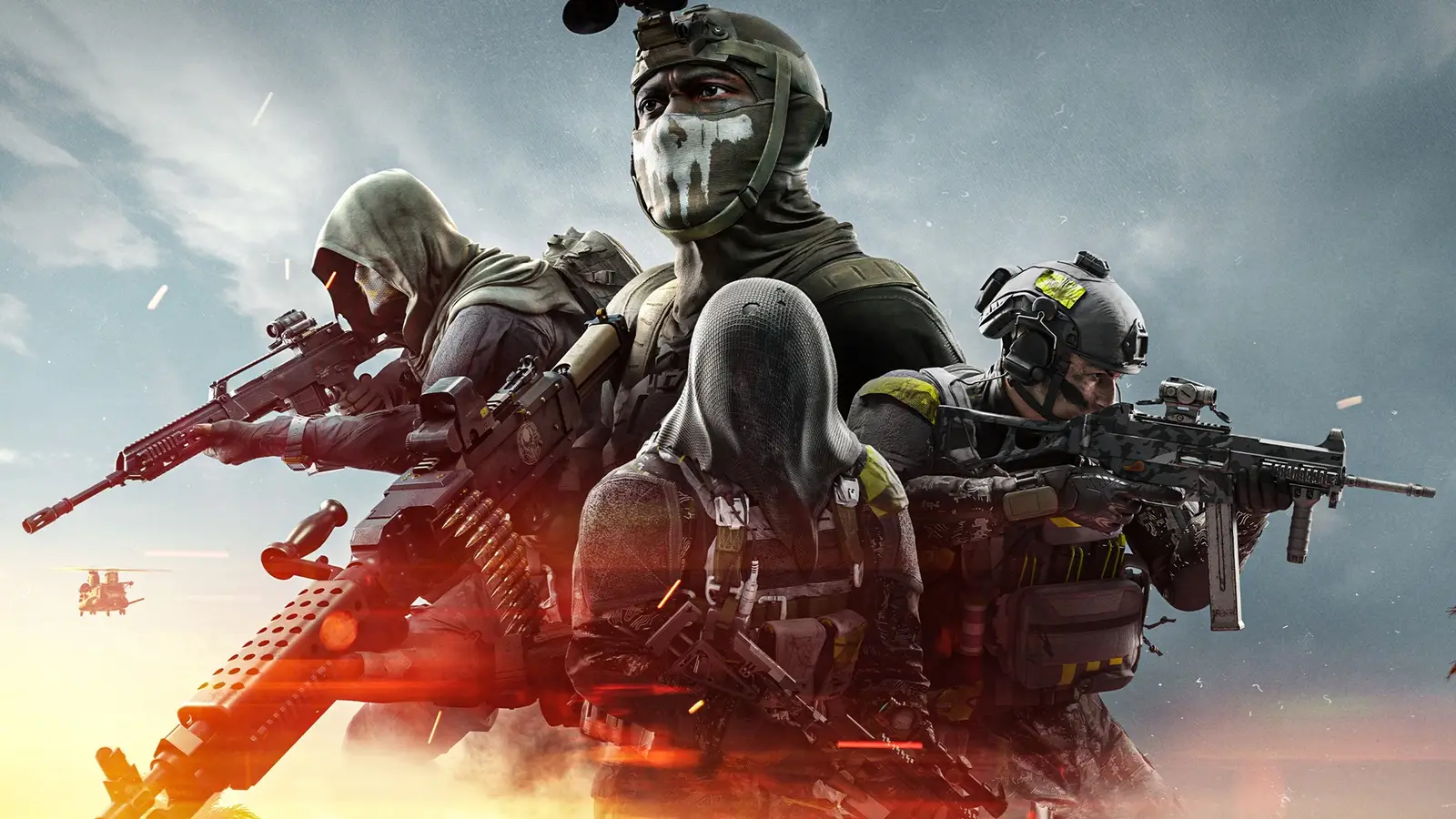Copyright Slate

You know that joke about the man who says he’s depressed, and the doctor who tells him to see a clown—only the problem is the patient is that clown? The old chestnut dates back at least 200 years, attributable to an Italian stage performer and a Mexican poet. But if you come across it today, it’s probably thanks to an internet meme, one that likely stems from comic-book writer Alan Moore’s decision to include the gag in Watchmen, his seminal graphic novel with artist Dave Gibbons. In the comic, the joke is juxtaposed against Watchmen’s inciting incident, the murder of a superhero known as the Comedian, a violent enforcer of American empire who chose to embody his nation’s ideals with a thick layer of cruel irony. Perhaps you can see where this is going. Including the sad fable of Pagliacci the Clown in his own tragic consideration of the form and function of superhero comics was a bit of delicious irony from Moore, a man frequently (and wrongly) accused of being humorless. In the decades since, the joke has only grown funnier, as superheroes have gone from a niche genre concern to the masked face of the Hollywood blockbuster. In 2025, there is no more accurate image of the superhero than that of the deeply pathetic clown-physician who cannot heal himself. After the heady possibility of the peak Marvel years, superhero adaptations have turned inward, only to find themselves wanting. Consider Gen V, Prime Video’s college-set spinoff of The Boys, which wraps its second season this week. Sharing the same cynically corporate take on superheroes as its parent show—the supes are all corporate stooges and vapid celebrities—Gen V starts with a pretty dim view of the superheroic enterprise. But it’s also only kind of about superheroes, and more about right-wing media capture. In Gen V, everything is owned by the hypercapitalist Vought corporation, and everyone must play ball because Vought has Homelander, this universe’s Superman. Imagining an evil Superman is old hat in genre fiction, and building an economy around him is only a touch more novel. Perhaps this is why Gen V’s campus story feels more satisfying than the more openly acerbic The Boys, exploring what it’s like to grow up in a media environment that constantly bombards the youth with invective and far-right jargon, casting the world and current events in terms of ideological slurs and partisan mudslinging. The young heroes of Gen V are #Resisting, sure, but it’s not really out of any particular conviction of their own: They just want to goddamn live. Cynicism over the modern superhero also abounds in HBO Max’s Peacemaker, which built its recently concluded second season around a bold twist in which its hero visits an alternate world where he is loved instead of spurned, blissfully unaware that this new world is one in which Nazis rule the United States. It’s one of writer-director James Gunn’s most biting moves in the decade-plus he’s spent becoming the unlikely steward of superhero cinema, one with an uncommonly clear perspective on how noxious its fanbase could be. And since Peacemaker is a show about a violent, deluded vigilante, Gunn is free to let loose, using the Nazi plotline to suggest that maybe the superhero aesthetic is too easily at home in a fascist regime, and maybe requires close tending. What’s interesting about both Gen V and Peacemaker is how insular they are, how tautological superheroes are as an institution within them. They are shows about systemic oppression, and superheroes—by virtue of their cultural dominance over the last 20-odd years—are the blunt instrument best suited for wrestling with that oppression in mass media. Fittingly, most of 2025’s superhero media has been about how difficult it is to imagine a world without them—and how little they have to fight, beyond themselves. Consider this year’s crop of film adaptations: Captain America: Brave New World struggled with its heroes’ fading relevance; Thunderbolts’ refreshingly small-stakes (for the MCU) drama was about broken soldiers who felt trapped, as its hero Yelena Belova wonders what her purpose is. The lopsided Fantastic Four: First Steps offered a flash of optimism in its family drama, but its characters had to consider whether their devotion to each other, as superhuman people, was a danger to the planet they were trying to protect. Even Gunn’s Superman, with its unabashed embrace of hope, is a movie overwhelmingly concerned with its hero making a case for himself, rather than just existing. It’s telling that in 2025, superhero stories seem largely incapable of considering anything other than themselves. The genre has become as self-referential and blinkered as its source material—itself still struggling to form a meaningful response to the questions Moore and Gibbons posed in 1986. Now, as we lumber toward our second decade post-MCU, it’s worth asking: What are these stories responding to? What aspect of our collective subconscious emerges from them? If the dominant theme of early-21st-century superhero cinema was relitigating 9/11 through depictions of urban destruction and heroic efforts to save others from it, then what of the 2020s? The solipsism of these latest adaptations seems to be the point. The cartoonish ego-fueled grievance of the first Trump administration, the violent plunder of the current one, and the MAGA movement bridging the two have rendered institutions—which superheroes, in their extrajudicial exploits, define themselves against—a farce. The metaphor and the moment have no harmony. The last vestiges of the War on Terror have given way to a war on ourselves, and the current storytelling paradigm strains in its inadequacy to respond. Herein lies the appeal of the multiverse, the popular sci-fi trope involving parallel worlds and endless possibilities, turning every road not taken into one not taken yet. It is a cowardly device for a cowardly time, where convictions are not necessary and consequences are not set. It’s the machinery of corporate Hollywood treading water with its IP, as those in charge are faintly aware that what worked in the MCU boom will not work any longer, but aren’t quite sure where to go next. Thus they have jumped from universe to universe, hoping to find one that will appease audiences who tire of this game of hopscotch. So we return to Moore and Gibbons with a problem. The world seems harsh and cruel, we say. We feel alone in a threatening world where what lies ahead is vague and uncertain. They tell us the treatment is simple: There’s a superhero flick playing at the multiplex. That’ll fix you right up. Get the joke?



